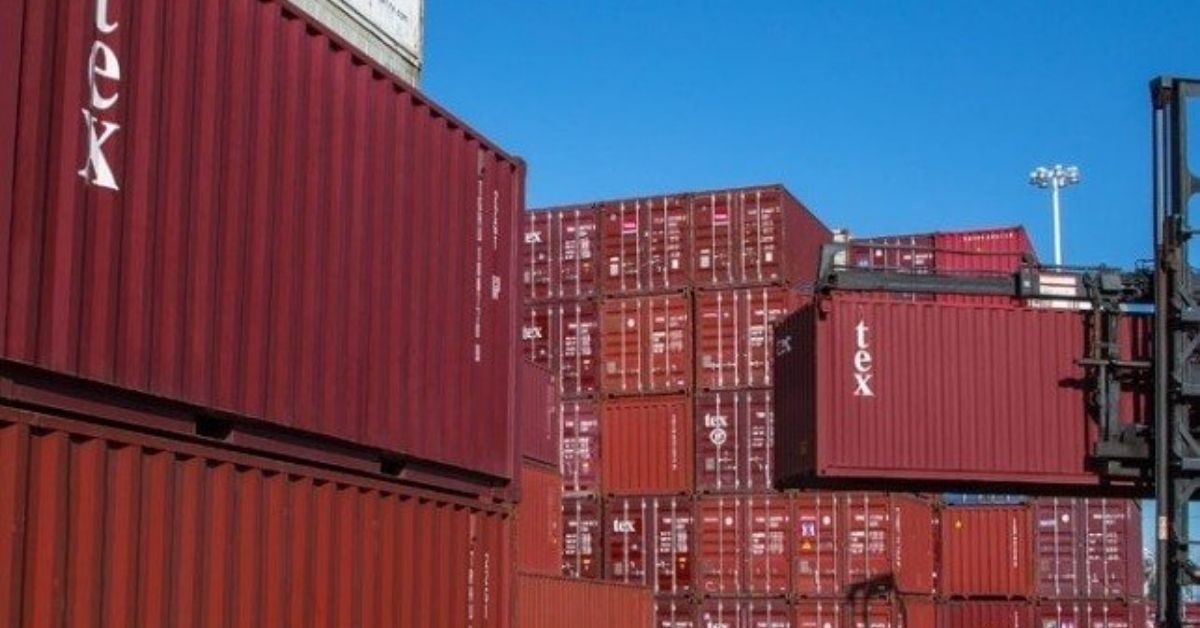According to exclusive port data obtained by Container News, Nhava Sheva Port (JNPT) saw a total empty outflow of 147,466 TEUs from October through December, compared with 109,277 TEUs of empty imports in the same three-month period. By contrast, during October-December 2021, the port’s empty imports stood at 154,764 TEUs and empty exports at 126,062 TEUs, data shows.
Indian ports typically face chronic equipment deficits – a problem that had only become more acute during the recent pandemic-induced demand swings. As such, carriers had to spend heavily on additional empty repositioning into India to cater to the resurgent trade.
“The lines made all the efforts like repositioning of empty containers into India and adding additional capacities to help the export trade,” said Sunil Vaswani, executive director of the Container Shipping Lines Association (CSLA) of India.
Vaswani further noted, “During the year 2021, 1.85 million TEUs of empty containers were repositioned into the country and new services introduced, thereby increasing the capacity by about 35,000 TEUs a week.”
The pace of Indian exports has tapered off in recent months, putting pressure on cargo lifts for regular mainline calls.
“The marginal increase in merchandise exports [for November 2022] is a reflection of the toughening global trade conditions on account of high inventories, economies entering recession, high volatility in currencies and geopolitical tensions,” A Sakthivel, president of the Federation of Indian Export Organisations (FIEO), said in a statement.
He went on to explain, “The drop in commodity prices and restriction on some exports, with a view to stem the price increase in the domestic market, has also affected the growth numbers.”
Meanwhile, in order to induce carriers to reposition empties into the hinterlands to avoid clogging port-side container depots, rail operator Container Corporation of India (Concor) has implemented volume-based tariff waivers and concessions.
Under the latest discount plan laid out last month, carriers need not pay freight charges on empty movements upfront or at the time of booking. Instead, these charges would be settled on a weighted basis, subject to rebates linked to incremental import volumes generated by shipping lines.
In addition, carriers can also claim a 50% discount on empty freight charges based on a terminal-to-terminal volume contract.
“Although the container shortage has eased out, and ports now have sufficient inventory to cater to the usual demand, a downfall in overall demand has led containers to stall at ports,” said Sanjay Bhatia, co-founder and CEO of digital forwarder Freightwalla.
Bhatia added, “This trend is quite a reversal post-acute container shortage faced by the global export-import community since the first lockdown.”







